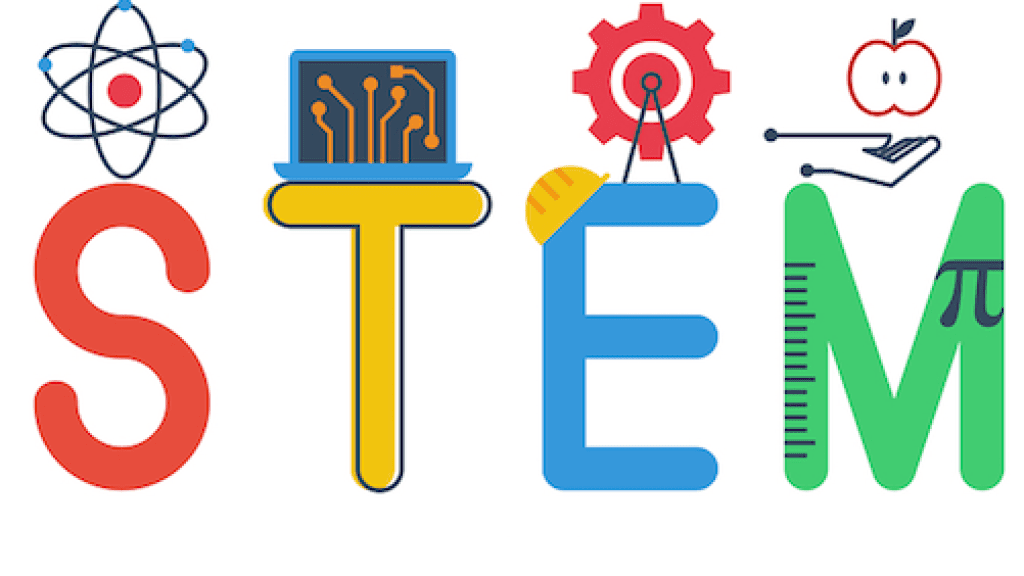Why India Needs More STEM-Focused Teachers: The Future of Education
In a fast-evolving digital age, India stands at a critical junction where the future of education must align with the demands of a technology-driven world. A key driver of this change? STEM education in India — the integration of Science, Technology, Engineering, and Mathematics into school curriculums.
But while infrastructure and technology are being upgraded, one vital piece of the puzzle remains under-addressed: the shortage of STEM-focused teachers in India. Without passionate and well-trained educators, STEM learning cannot achieve its full potential.
Let’s explore why India needs more STEM-oriented teachers and how this shift is crucial for shaping tomorrow’s innovators.
Why STEM-Focused Teaching is the Need of the Hour
- India’s Growing Tech-Driven Economy
The job market is increasingly dominated by AI, robotics, data science, and biotechnology.
To stay competitive globally, India needs students who are not just consumers of technology but creators.
This transformation begins in the classroom with effective STEM education in India.
- Empowering Critical Thinking from a Young Age
STEM subjects nurture logical reasoning, creativity, and problem-solving skills.
Teachers trained in STEM can create hands-on learning environments that challenge students beyond textbook knowledge.
- Bridging the Urban-Rural Education Gap
Rural schools often lack qualified STEM educators.
With better teacher training and deployment, value based education and technical skills can reach every corner of India.
What’s Missing: The STEM Teacher Shortage
Key Challenges:
Limited access to specialized training programs for teachers.
A curriculum that still leans heavily toward rote learning.
Lack of incentives to pursue STEM teaching as a long-term career.
According to a report by NITI Aayog, over 60% of Indian schools face a shortage of qualified math and science teachers.
Why Top CBSE Schools in India Are Prioritizing STEM
Leading institutions have already recognized the urgency of integrating STEM:
Top CBSE schools in India have begun hiring educators with a STEM background.
Labs, robotics kits, and AI modules are being introduced to stimulate real-world problem-solving.
These schools combine value based education with modern tech learning—giving students the best of both worlds.
Key Practices in Top CBSE Schools:
Regular STEM workshops and coding bootcamps.
Integration of extracurricular activities for students like robotics clubs, science fairs, and STEM Olympiads.
Collaborations with tech companies for student mentorship.
The Role of Extracurricular Activities in STEM Learning
Extracurricular activities for students play a vital role in reinforcing STEM concepts:
Robotics and coding clubs allow for collaborative experimentation.
Math and science quizzes promote healthy competition.
Environmental projects integrate biology and technology for sustainable solutions.
These activities foster curiosity, teamwork, and innovation, skills essential for 21st-century careers.
How India Can Build a Stronger STEM Teaching Force
Actionable Steps:
Invest in teacher training: Encourage certifications and workshops focused on STEM pedagogy.
Promote STEM careers through scholarships and awareness campaigns.
Integrate value-based education to ensure ethics and empathy accompany innovation.
Offer attractive salaries and growth opportunities to retain skilled teachers.
Future Outlook: A Nation Powered by Innovation
When supported by trained educators, STEM education in India has the power to:
Drive economic growth.
Reduce unemployment by aligning skills with market needs.
Cultivate a generation of inventors, thinkers, and leaders.
It’s not just about learning coding or building robots—it’s about developing resilient minds capable of solving India’s future challenges.
Final Thoughts
To truly realize the potential of STEM education in India, we need more than smart classrooms and advanced curriculum—we need passionate, well-equipped teachers. By investing in educators, we invest in our children’s future, the country’s innovation landscape, and global competitiveness.
Schools, parents, and policymakers must come together to ensure STEM-focused teaching is not a privilege but a standard across all Indian schools.
FAQs
1. What is STEM education and why is it important in India?
STEM education focuses on Science, Technology, Engineering, and Mathematics. It's crucial for preparing students for modern careers and promoting innovation in India's growing economy.
2. How can schools improve STEM education in India?
By hiring trained STEM teachers, upgrading lab facilities, and integrating extracurricular activities for students like robotics and coding clubs.
3. Are there CBSE schools in India focusing on STEM?
Yes, Top CBSE schools in India are integrating advanced STEM modules, practical labs, and global exposure to equip students for future-ready careers.
4. What role do extracurricular activities play in STEM learning?
They encourage hands-on learning, critical thinking, and teamwork—essential skills in STEM fields.
5. How does value-based education complement STEM?
While STEM sharpens the intellect, value based education ensures students also grow with ethics, empathy, and a sense of responsibility.

